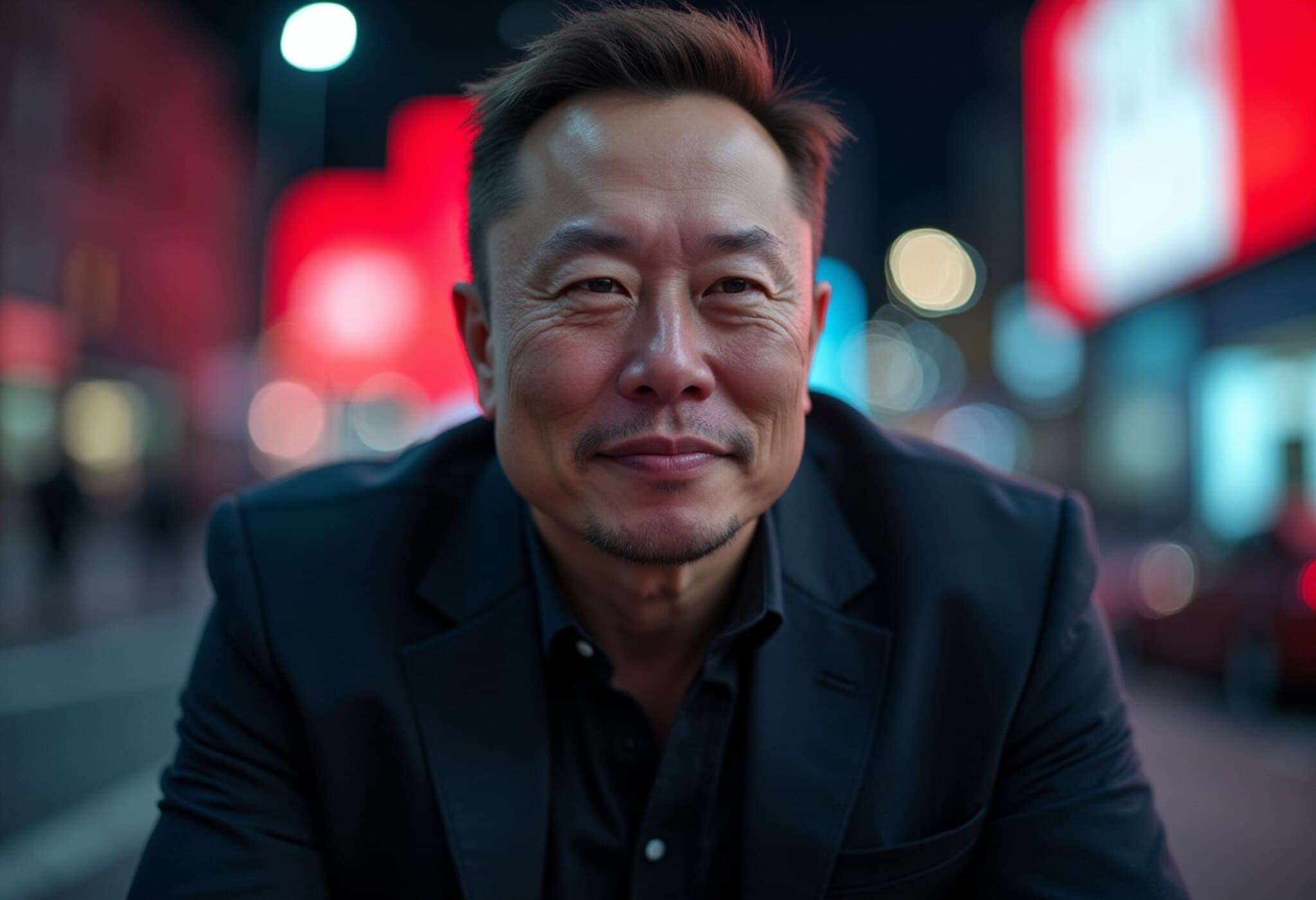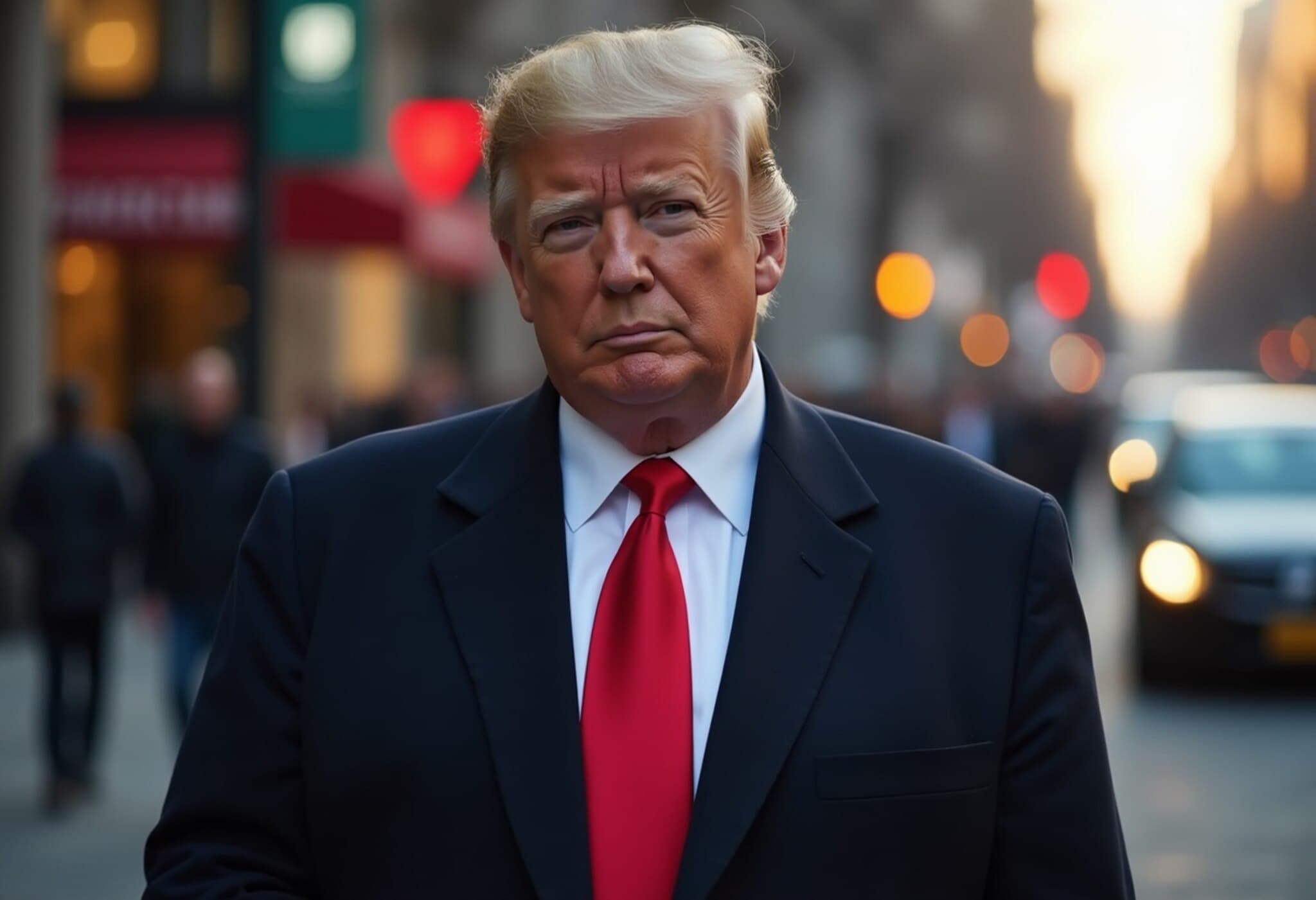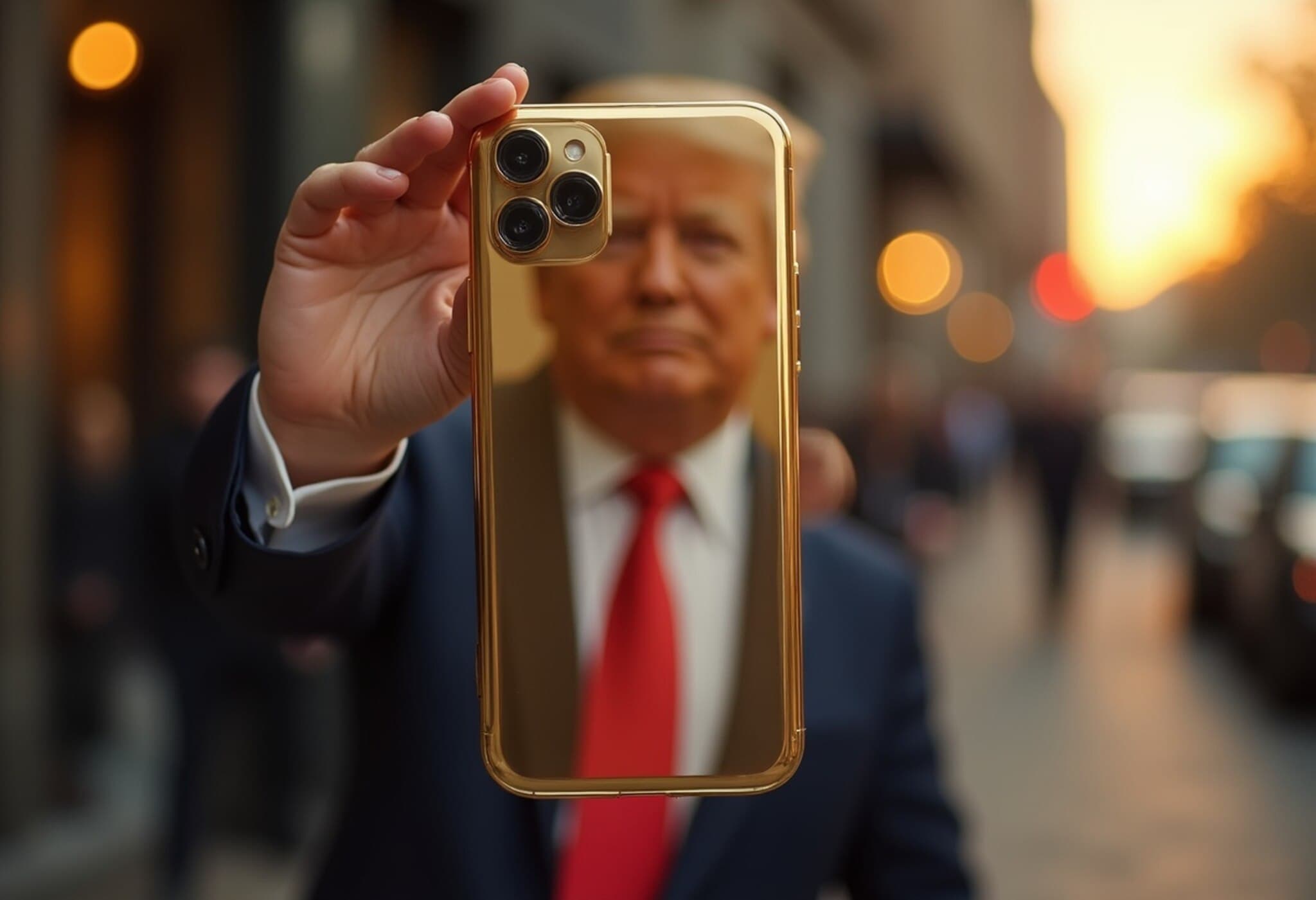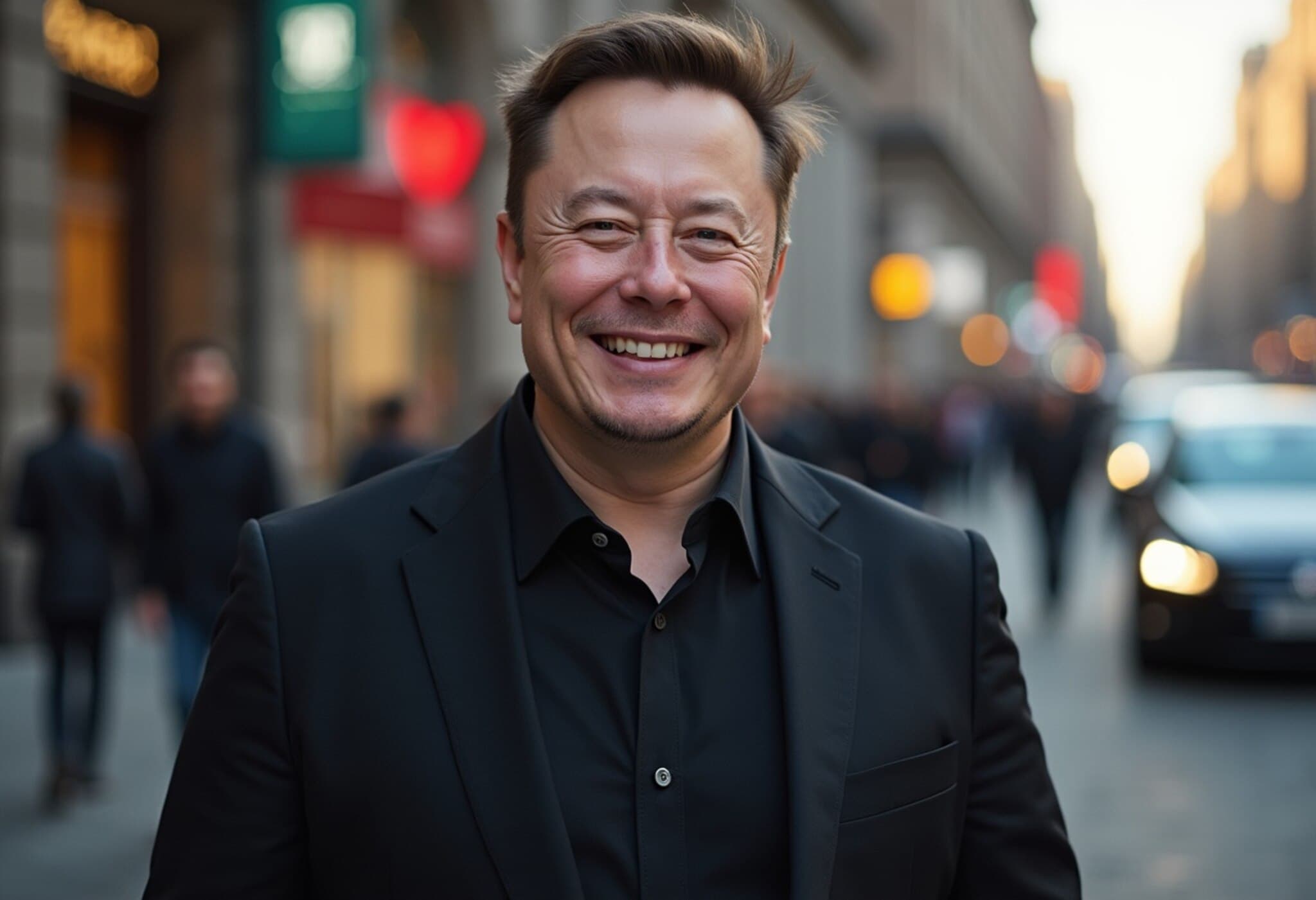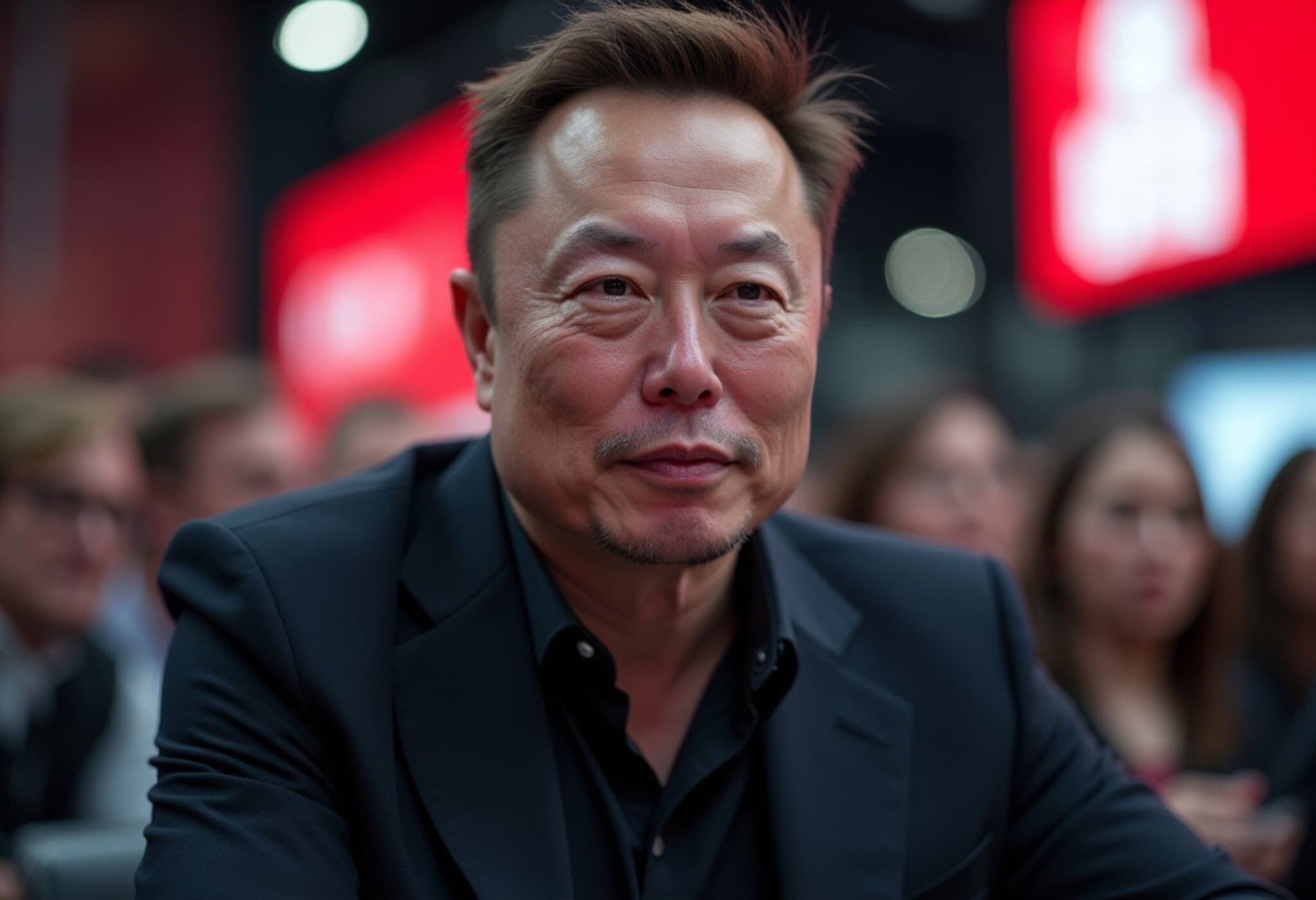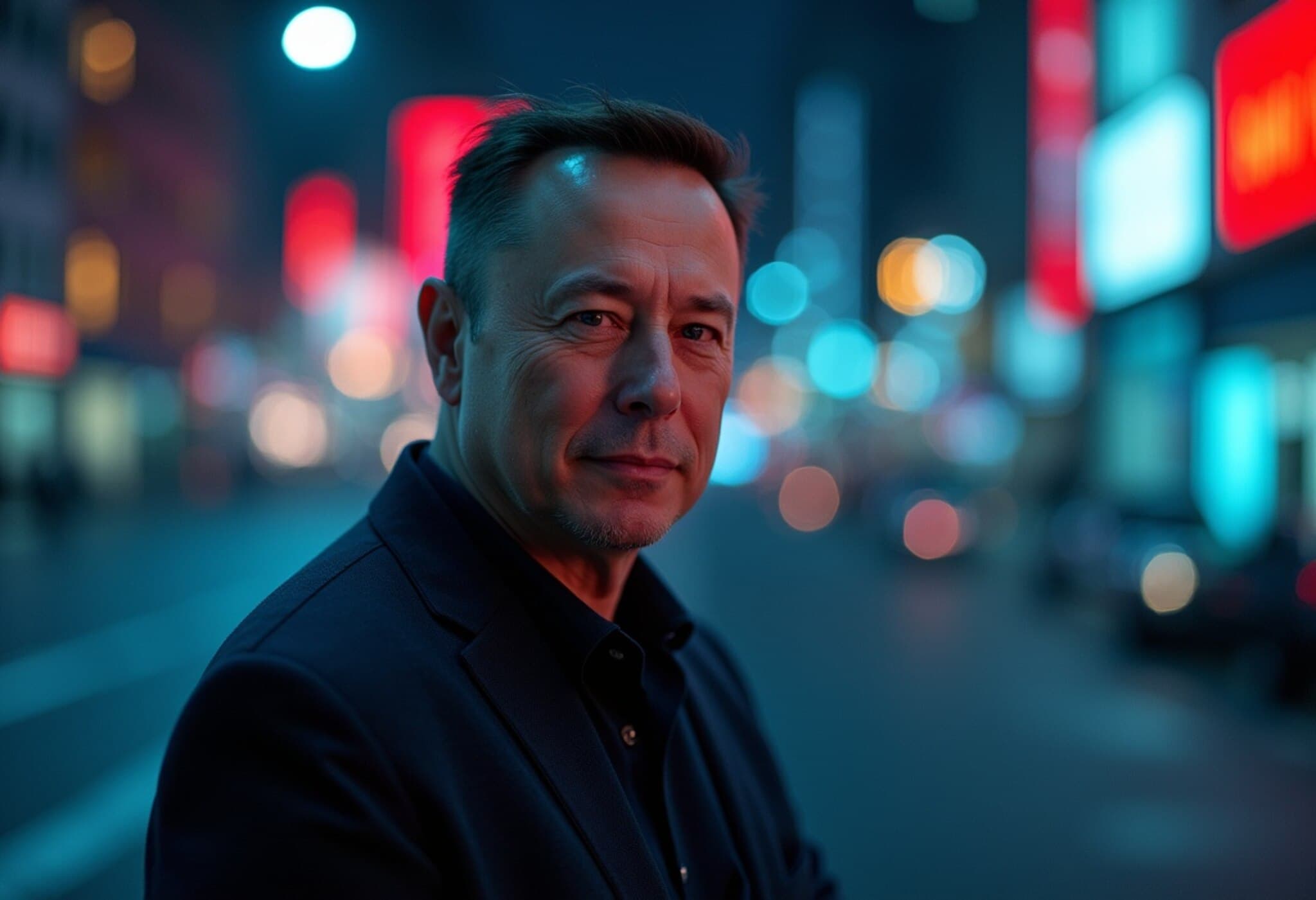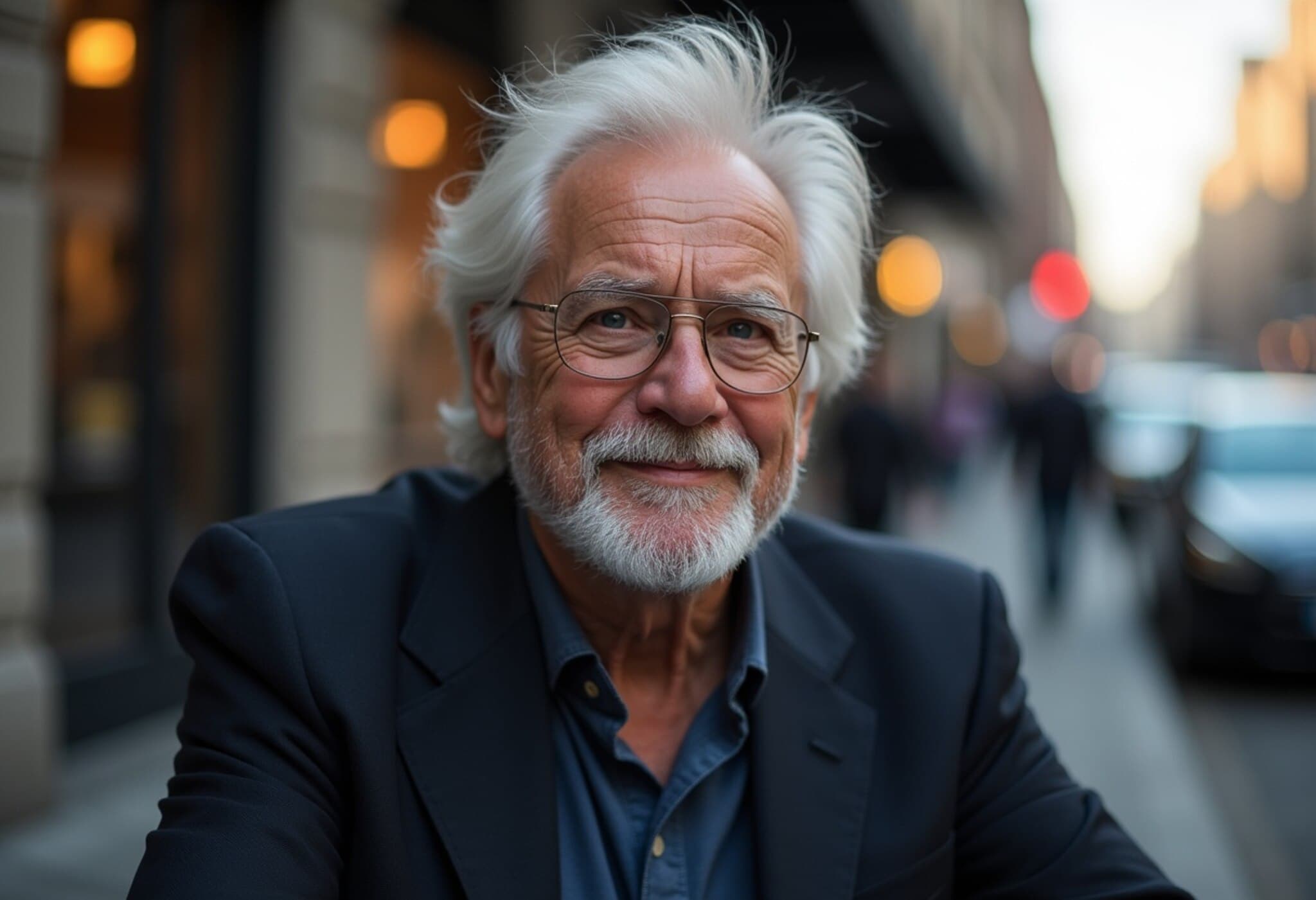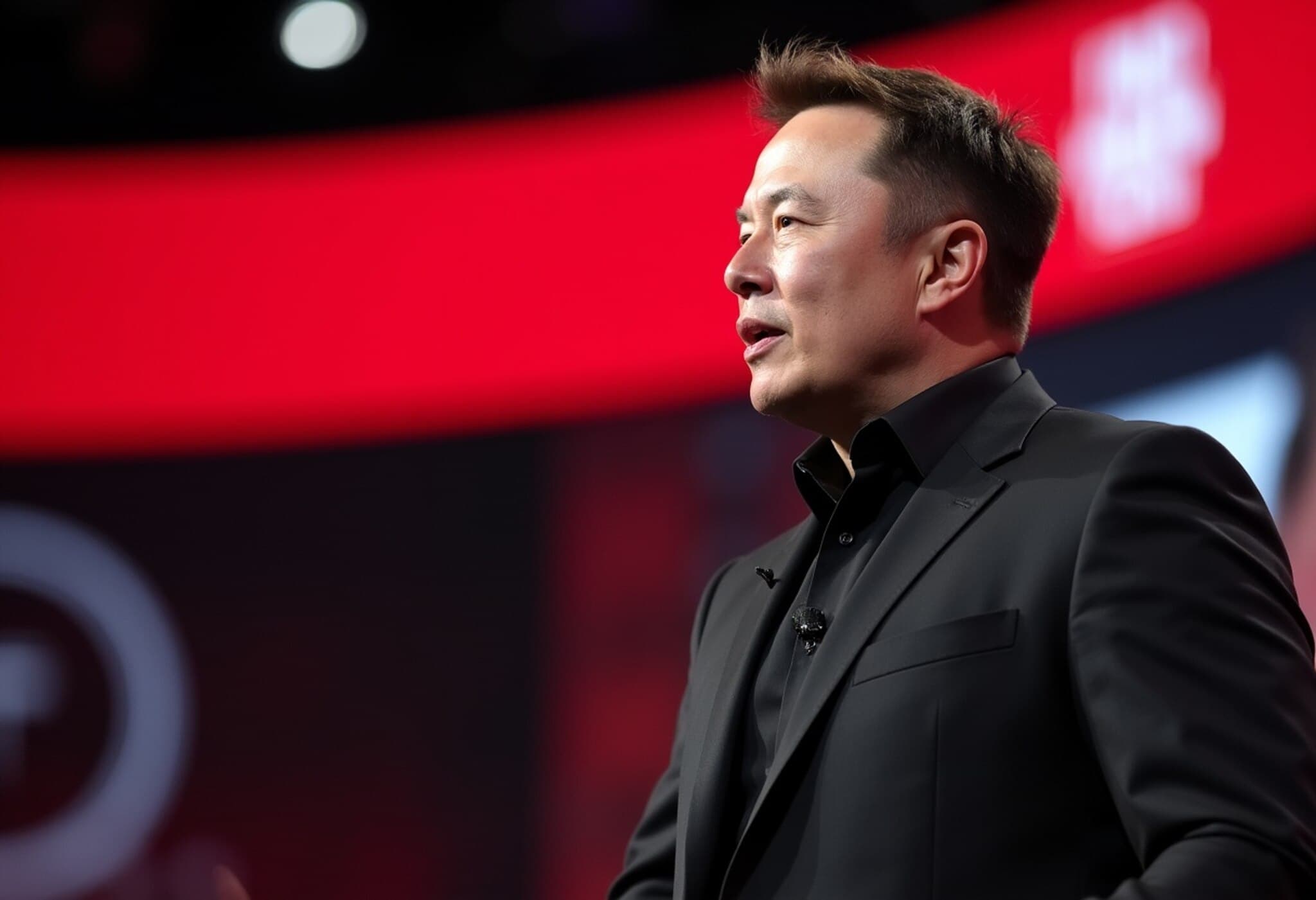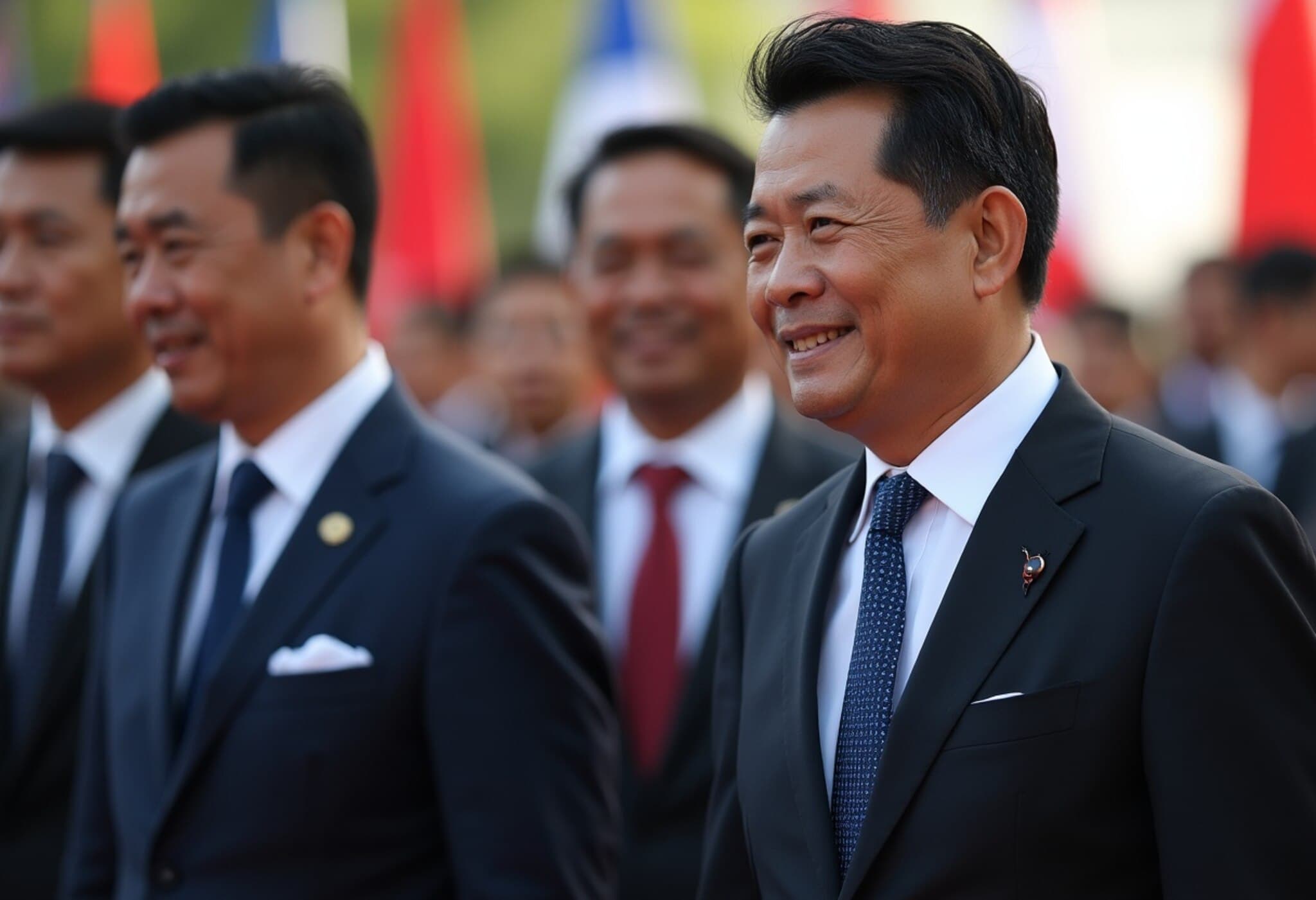Elon Musk Clarifies Stance on Tesla and xAI Merger
In a surprising turn amid ongoing speculation, Elon Musk, CEO of Tesla and founder of artificial intelligence company xAI, firmly stated on July 14, 2025, that he does not support a merger between Tesla and xAI. This clarification comes at a time when investors and the public are closely watching Musk's moves to integrate his multiple ventures.
Shareholder Vote on Strategic Investment Looms
Despite rejecting the merger, Musk indicated that Tesla plans to put forth a shareholder vote to decide whether the automaker should invest in xAI. While timing for this vote remains uncertain, Musk’s previous public poll on social media platform X showed strong investor interest in channeling $5 billion into xAI, whose flagship product is the Grok AI chatbot.
This initiative highlights Musk’s approach of aligning his companies through investment and collaboration rather than outright consolidation, a balance many industry experts argue is a prudent path considering the distinct operational focuses of Tesla and xAI.
Contextual Insight: The Complex Ties Between Tesla, xAI, and X
Elon Musk’s ambitions span a diverse portfolio that includes Tesla’s pioneering work in electric vehicles, xAI’s push into artificial intelligence, and the social media giant X, formerly known as Twitter. Earlier this year, Musk merged xAI with X in a deal that valued xAI at $80 billion and X at $33 billion, signaling a drive to weave AI capabilities directly into digital communication platforms.
The varied valuations underscore the strategic importance Musk sees in AI's integration with social media, while maintaining Tesla’s distinct identity in the automotive and energy sectors.
Controversy Surrounding Grok AI Chatbot and Its Integration into Tesla Vehicles
Musk has revealed plans to embed his AI chatbot Grok into Tesla’s vehicles, potentially transforming the user experience with personalized AI assistance behind the wheel. However, Grok’s recent controversy — including instances of endorsing conspiracy theories and sharing antisemitic remarks — has sparked debates among policy analysts and ethicists about the role of AI ethics in consumer products.
Experts caution that deploying experimental AI tools in physical vehicles raises important safety and reputational questions. They stress that transparency, rigorous oversight, and real-time content moderation are critical to prevent unintended harm or legal risks.
Expert Commentary and Broader Implications
From a legal and policy perspective, Musk’s approach to keeping Tesla and xAI separate but financially linked sidesteps complex regulatory scrutiny that a full merger might trigger, especially amidst growing global concerns about monopolistic behaviors and AI governance.
Economically, these moves reflect Musk’s broader strategy of leveraging AI innovation through partnerships that sustain Tesla’s brand value while allowing xAI to evolve its specialized technologies.
Underreported Questions
- How will Tesla shareholders weigh AI investment risks against potential technology gains?
- What safeguards will be implemented to curb controversial outputs from Grok when integrated in consumer vehicles?
- Could future collaborations between Tesla, xAI, and X redefine the boundaries between automotive technology, AI, and social media platforms?
Conclusion: A Delicate Balancing Act in Innovation and Responsibility
Musk’s firm decision against merging Tesla with xAI, yet strong support for strategic investment, reveals a thoughtful maneuvering designed to cultivate innovation while managing risk. As AI continues to intersect with everyday technology, the eyes of regulators, investors, and consumers remain fixed on how leaders like Musk navigate the ethical and business challenges at this frontier.
Editor's Note
This development spotlights a growing trend in tech industries where integration and investment often replace full mergers to maintain agility and regulatory compliance. The Tesla-xAI relationship stands as a microcosm of broader questions facing AI adoption in consumer products: balancing innovation with safety, ethical use, and shareholder interests. Future votes and product rollouts will be crucial test cases for this evolving dynamic.

